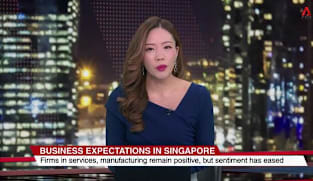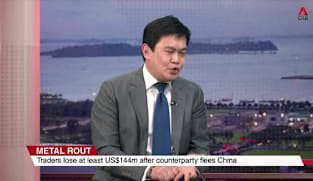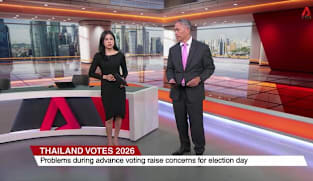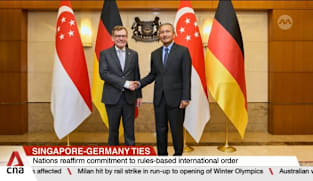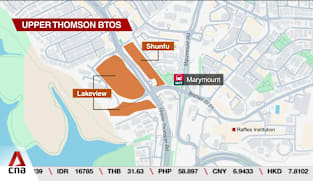Cai Yinzhou on Civil Aviation Authority of Singapore (Amendment) Bill
The high cost of sustainable aviation fuel (SAF) necessitates a mechanism like Singapore’s planned SAF levy to support its initial adoption. But why is the financial burden to be borne entirely by passengers rather than, for example, having a model of risk-sharing with airlines or fuel suppliers? And how was the much higher cost of blended fuel, relative to jet fuel, calculated? These were among the questions raised by MP Cai Yinzhou in parliament on Tuesday (Oct 14). He also called on the authorities to ensure that the financial impact of the levy on air ticket prices remains predictable and aligns with projections, and to leverage Singapore’s strength as a major refining hub, home to significant SAF production capacity, to bring the cost lower over time.
The high cost of sustainable aviation fuel (SAF) necessitates a mechanism like Singapore’s planned SAF levy to support its initial adoption. But why is the financial burden to be borne entirely by passengers rather than, for example, having a model of risk-sharing with airlines or fuel suppliers? And how was the much higher cost of blended fuel, relative to jet fuel, calculated? These were among the questions raised by MP Cai Yinzhou in parliament on Tuesday (Oct 14). He also called on the authorities to ensure that the financial impact of the levy on air ticket prices remains predictable and aligns with projections, and to leverage Singapore’s strength as a major refining hub, home to significant SAF production capacity, to bring the cost lower over time.










